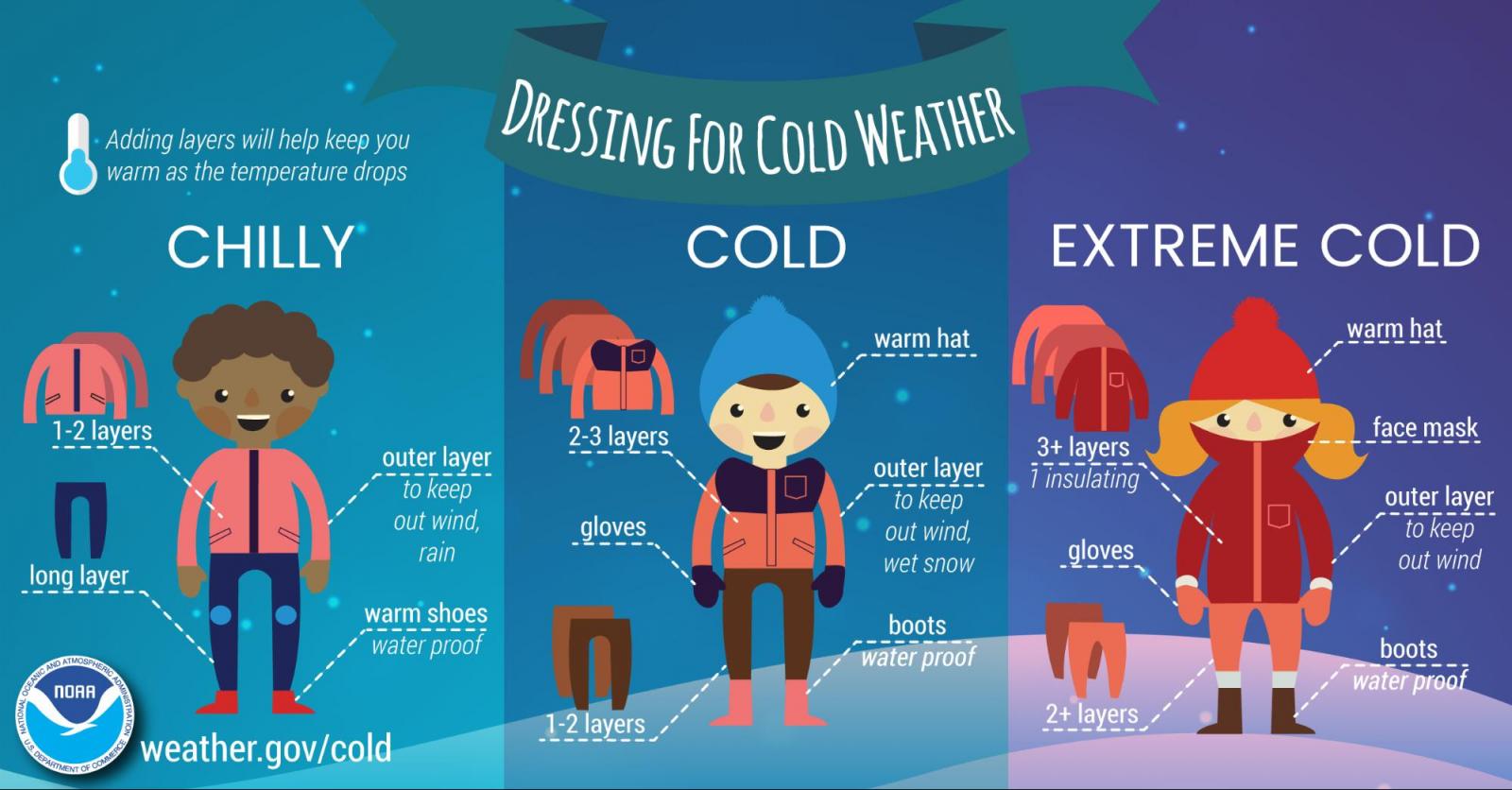Weather Change and Its Impact on Your Health
As experts in the field of health and wellness, we understand the significance of staying informed about the various factors that can affect our well-being. Weather change, especially during the fall season, is one such factor that can influence your health. In this article, we'll delve into the reasons behind how weather change increases your risk of catching a cold and provide you with essential prevention tips to safeguard your health during this transitional period.
The Connection Between Weather Change and Colds
Change in Temperature
Weather change, particularly during the transition from summer to fall, often involves a significant drop in temperature. This fluctuation can weaken the immune system, making it more susceptible to infections. Cold viruses tend to thrive in cooler environments, and the sudden temperature variations can leave you more vulnerable to catching a cold.
Indoor Crowding
With the onset of cooler weather, people tend to spend more time indoors. This close proximity to others increases the likelihood of cold transmission, as viruses can easily spread in crowded spaces. Proper ventilation and air circulation are crucial in mitigating this risk.
Decreased Humidity
The fall season is characterized by lower humidity levels. Dry air can dry out the mucous membranes in your respiratory system, making it easier for viruses to enter and infect your body. Maintaining indoor humidity levels through the use of humidifiers can be a simple yet effective preventive measure.
Prevention Tips
1. Dress Appropriately
Wearing layers and protecting yourself from the cold is essential. Invest in warm clothing and don't forget to wear a scarf, gloves, and a hat to prevent heat loss from your body.
2. Maintain Proper Hygiene
Regularly washing your hands with soap and water can go a long way in preventing the spread of cold viruses. Avoid touching your face to minimize the risk of infection.
3. Stay Active
Regular physical activity can help boost your immune system. Engage in indoor exercises or outdoor activities, weather permitting, to stay in good health.
4. Boost Your Immune System
A diet rich in vitamins and antioxidants can help fortify your immune system. Consider incorporating citrus fruits, green leafy vegetables, and other immune-boosting foods into your meals.
5. Stay Hydrated
Drinking an adequate amount of water can help maintain the moisture in your respiratory passages, making it harder for viruses to enter your system.
6. Avoid Crowded Places
During the fall season, it's advisable to minimize time spent in crowded places, especially if you're in close contact with people who may be carrying cold viruses.
7. Get a Flu Shot
Consider getting a flu shot, as the flu and the common cold share many symptoms. Protecting yourself from the flu can indirectly reduce the chances of catching a cold.
8. Ensure Good Ventilation
Properly ventilating indoor spaces is crucial to reducing the risk of infection. Use air purifiers and open windows when possible to maintain fresh air circulation.
Conclusion
In conclusion, understanding the impact of weather change on your health is vital in protecting yourself from the common cold during the fall season. By following the prevention tips mentioned above, you can significantly reduce your risk of catching a cold and enjoy the autumn months with good health and vitality. Remember, a proactive approach to your health is your best defense against seasonal illnesses.




Comments
Post a Comment